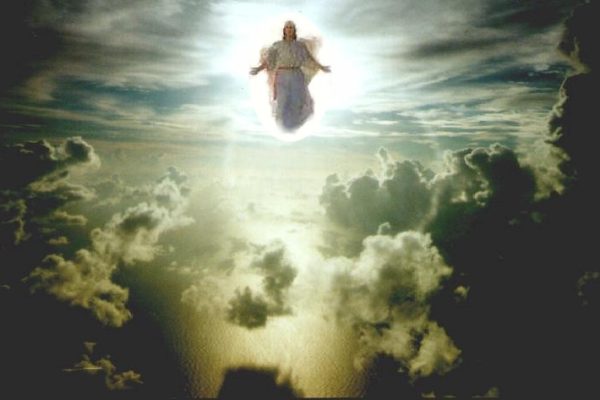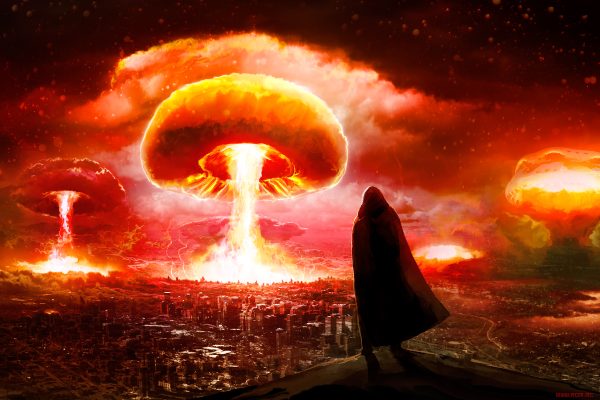Much of I have been saying can be summarized in the words of Orthodox architect, historian and author Andrew Gould as stated in his brochure soliciting help to build a church at Holy Cross Monastery:

When we are in church, it should be as though we
dwell in the Kingdom of God.
We have icons so that we might
see the saints who praise
God alongside us. We have music so that we might
hear the angels sing too.
We have incense so that we might
smell the fragrance of Heaven
all around us. But the Kingdom of Heaven is more than that. At its heart is a splendid city, New Jerusalem,
and the saints in Heaven worship God amidst
gemstone walls, gates of pearl,
and streets of hold.
A proper temple is an icon of that heavenly city. It must be a place so beautiful that it is fitting to worship
the creator of beauty there.
Without a temple, it is as though the church worships God in exile, as did the Jews of old; it is as though
the Kingdom of Heaven
were not already at hand.
I agree with Gould, I just honestly believe that it would be a notch more fitting and encouraging to end by saying:
…it is as though
the Kingdom of Heaven
were not already come.
In one of his articles he quotes the Kontakion from the Triodion (Tone 7):
The fiery sword no longer guards the gate of Eden, for in a strange and glorious way the wood of the cross has quenched its flames. The sting of death and the victory of hell are now destroyed, for Thou art come my Saviour, crying onto those in hell: Return again to Paradise.
Eden, Paradise, Kingdom of Heaven and Kingdom of God are different expression of the same. Christ’s incarnation and Paroussia inaugurated the restoration of Eden, which must be our Heaven, and the overlapping of Heaven and Earth, the spiritual and the physical realms, although only for those who truly love Him and under His grace.
The early church always understood it this way, despite that this concept contradicts a futurist eschatological worldview, as this same Kingdom is at the same time future, of the age to come. Early Christianity explained it mystically, not logically. Over the years, as Roman scholasticism developed and especially, after the Reformation made exegesis free to everyone, the Western minds began trying to fix the inconsistencies of futurism, logically. Most of those fixes have gotten us progressively and exponentially worse. In a way we could say it has lead us first into the age of reason, but eventually, into child trannies and lockdowns. But the early church must accept also responsibility for the first misunderstanding, that of the timing and the nature of the last things.






